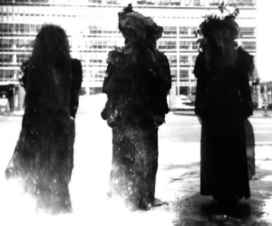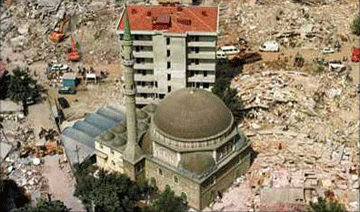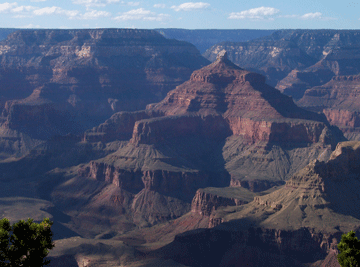
[The message below was written by Marieme Hélie-Lucas, long time coordinator of the European Bureau of Women Living Under Muslim Laws, and was originally posted to the Women in Black (WIB) international list and reposted to ISLAMAAR, the discussion group on Islam of the American Academy of Religion, on September 6, 2007. Following her commentary is a response by Mohammed Fadel, who is on the faculty of the University of Toronto Faculty of Law. Both are commenting on the call by David Horowitz for an Islamo-fascism Awareness Week in October, posted upon earlier on Tabsir.]
Dear friends in WIB,
In response to the mail alerting us about this event against ‘islamo fascism’ led by conservative forces, I think there is a need for clarification from us, who lived under ‘islamo fascism’ :First of all, let me say that the term ‘islamo fascism’ has been initially coined by Algerian people struggling for democracy, against armed fundamentalist forces decimating people in our country, then later operating in Europe, where a number of us had taken refuge. For us, it has never been equated to Islam, but it points at fundamentalists only : i.e. at political forces working under the cover of religion in order to gain political power and to impose a theocracy ( The Law – singular – of God, unchangeable, a-historical, interpreted by self appointed old men) over democracy ( i.e. the laws – plural – voted by the people and changeable by the will of the people). Continue reading Debating Islamo-Fascism




